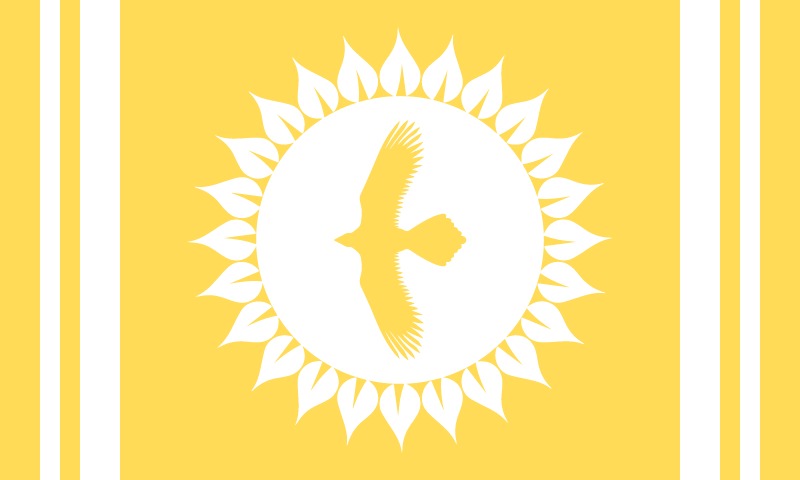
emblem of mustard shack
The history of Mustard Shack reaches far into Antiquity and is rich with myth and wonder. Indeed, much of Mustardi history is so deeply rooted in storytelling and oral tradition that it is often difficult to determine what is Truth and what is Legend, a fact that has drawn great criticism from international historians. Still, Mustardites hold great pride in their Ancient Heritage, and myth or not, it continues to shape our society even today.
The earliest accounts of Mustard Shack begin in one such myth. According to tradition, our ancestors were once part of a great ancient people who shared all the wealth and prosperity of its kingdom. Their king, however, became cruel and oppressive. Their land, their wealth, and their very livelihoods were all stolen from them. One day, a vision of a great golden eagle appeared to them, greater even than the Roc of Sinbad. It called itself the Mustard Bird, and told them of a land of golden fields, where all Men were free. This land was promised to them, if only they fled their oppressors and came to the Great Mustard Bird. Yet for reasons unknown, the vision vanished before revealing the location of the Promised Land.
So our ancestors escaped the tyranny of their homeland, becoming nothing more than poor nomads. For years they wandered the Earth, their eyes always to the sky, in search of the Great Mustard Bird. It was in this period of our history that the popular parting phrase, "May you find the Mustard Bird," came to be. We lived this way for a hundred generations. Then one day, our tribe came to the top of a great ridge and before them saw golden fields, wild mustard blossoming all the way to the horizon. This was the land our people were promised. And so they named it Mustard Shack.1
1. The peculiar name is thought to arise from a popular translation of a Mustardi word meaning "rough and humble home" to the English word "shack." This is inaccurate, as the Mustardi word used better translates as "homeland" or "place of belonging" and has no connection to the word "house" as the English "shack" would suggest.

flag of mustard shack